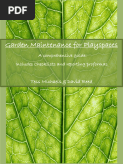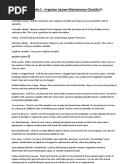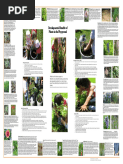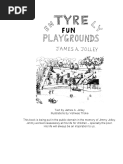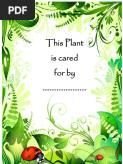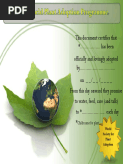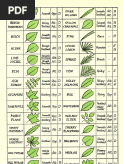Too much Facebook causes 'virtual autism' claim experts
The full article can be read through the hyperlink above
"In France they've labelled it virtual autism — the idea that if you're raising your child on screens, they're not having social interactions or learning basic social skills."The fear is children in particular who are exposed screens are developing symptoms that are similar to some traits of that found on the autism spectrum. This could lead to the inability to detect whether people are lying or be able to tolerate difference in opinion of those they meet later in life. The researchers also claim this could have a knock-on effect with friendships and that those who spent hours each day on social media "had fewer friends". "If all they're getting is 2D screens and not enough human interaction and not enough motor skills development, you will end up with a problem," she claims.
The full article can be read through the hyperlink above
"In France they've labelled it virtual autism — the idea that if you're raising your child on screens, they're not having social interactions or learning basic social skills."The fear is children in particular who are exposed screens are developing symptoms that are similar to some traits of that found on the autism spectrum. This could lead to the inability to detect whether people are lying or be able to tolerate difference in opinion of those they meet later in life. The researchers also claim this could have a knock-on effect with friendships and that those who spent hours each day on social media "had fewer friends". "If all they're getting is 2D screens and not enough human interaction and not enough motor skills development, you will end up with a problem," she claims.










